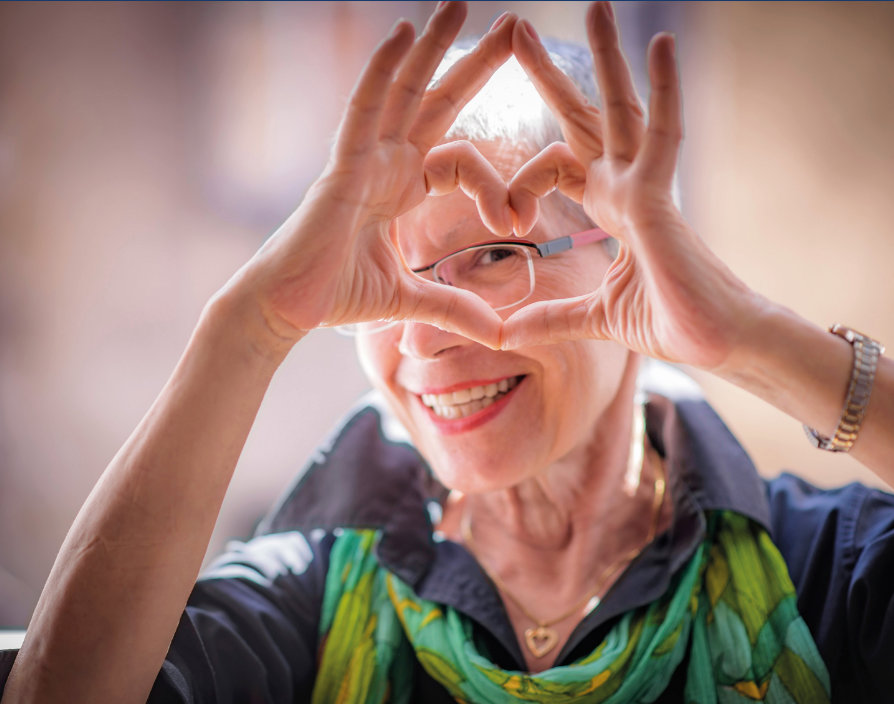Culture is important and the discussion about workplace culture and company culture is far more common in modern business than it was historically. Previous generations may have acknowledged good or bad culture but modern businesses are far more likely to have strategy to manage culture, vision documents which define it and culture engineers to create it. Culture is rooted in people, environment, mission and communication yet despite franchising impacting these areas, is culture an important part of franchising?
Much of the discussion surrounding the benefits of franchising is focused rightly on the cornerstones of Brand, a Proven Model, Support and Security of Tenure. There are benefits to both franchisor and franchisee and obligations on both parties too.
The brand is owned and protected by the franchisor – the franchisee benefits from brand value. The franchisor benefits from the brand building that franchisees do in their local territory. The business model is proven by the franchisor and the franchisee is obliged to follow it. The franchisee benefits from the mitigated risk of following a proven business system while the franchisor has a developing business unit where franchisees are trying to find ways of improving the system even further. Support is the most discussed benefit of the franchise relationship. Franchisor’s transferring intellectual property via franchisee training and documenting the system in an operations manual for the franchisees to use are both methods of support. Marketing support both centrally and to assist with local campaigns and one to one / group meetings and peer support from fellow franchisees are also key advantages. Finally the legal agreement provides a franchisee with the security of tenure for the term of the franchise agreement and ensures that the franchisor is guaranteed an active partner for that time.
So, many of these cornerstones are areas where culture could be referenced and ought to be considered. I would however argue that culture itself is an important cornerstone of franchising. The franchisor defines the culture and should be seeking to recruit franchisees aligned to that culture. The franchisee benefits from that culture and by sharing the values of the franchisor the franchisor benefits from the efforts of the franchisee to develop and grow that culture. A values-based franchise system should be seeking to engage with franchisees who agree with that value base. It does not matter whether the brand name is a strong one or the model is well proven if the franchisee at a local level isn’t culturally aligned to what the business stands for.
So why am I writing this now? I have in the past 18 months paid far more attention to generational cohort theory. This is the concept that generations of people that share the same political, economic, and social events during the early stages of life will develop a similar set of values, and behaviours.
If your franchisees are mostly Generation X they will value similar things and react in similar ways, the same can be said for Generation Y and Generation Z. The most interesting aspect of this for me when looking at my franchise business, my support team and our franchisees was finding the areas where generational cohorts agree and understanding the areas where they differ. If we take as an example Gen Z, this cohort identifies clearly with a desire to make a difference to their world. Gen Zer’s are the first generation to be completely unaware of a world without the internet and – some would say as a direct result – they value authenticity over aesthetics. They’re also likely to become the largest generational cohort. The support staff working in franchise businesses and franchisees will end up having more Gen Zer’s than any other cohort.
In a challenging recruitment market and a competitive franchise opportunity market jobs and franchise investment decisions will be influenced by the appeal to Gen Zer’s. If all other factors are equal the degree to which a company “makes a difference” will be a deciding factor.




































